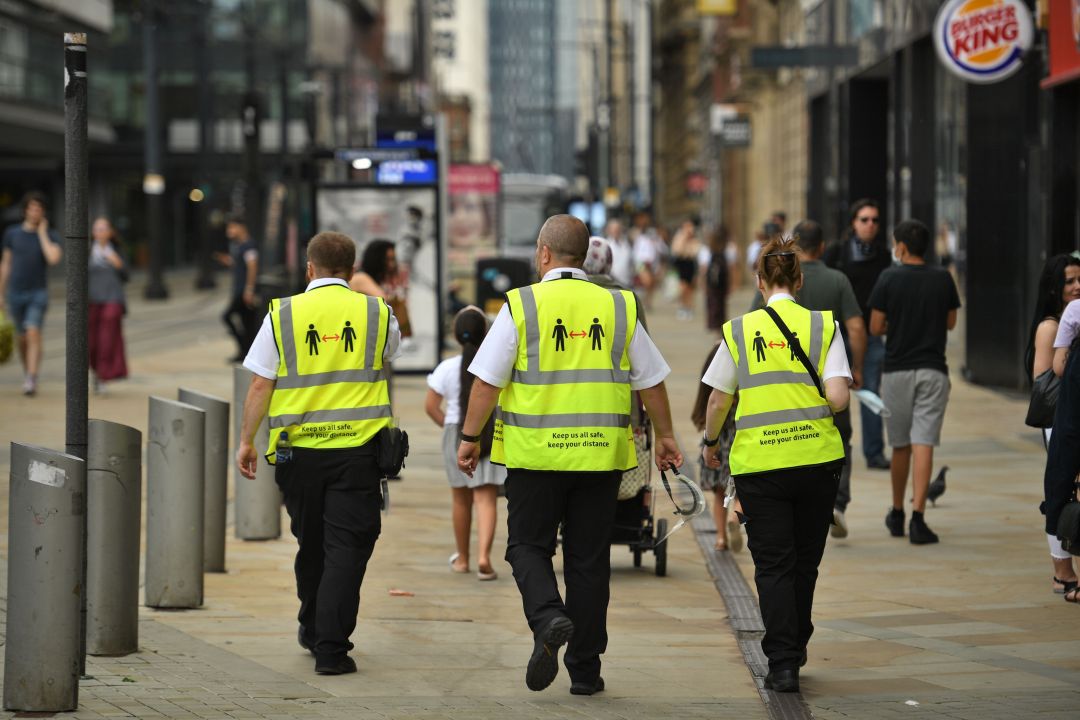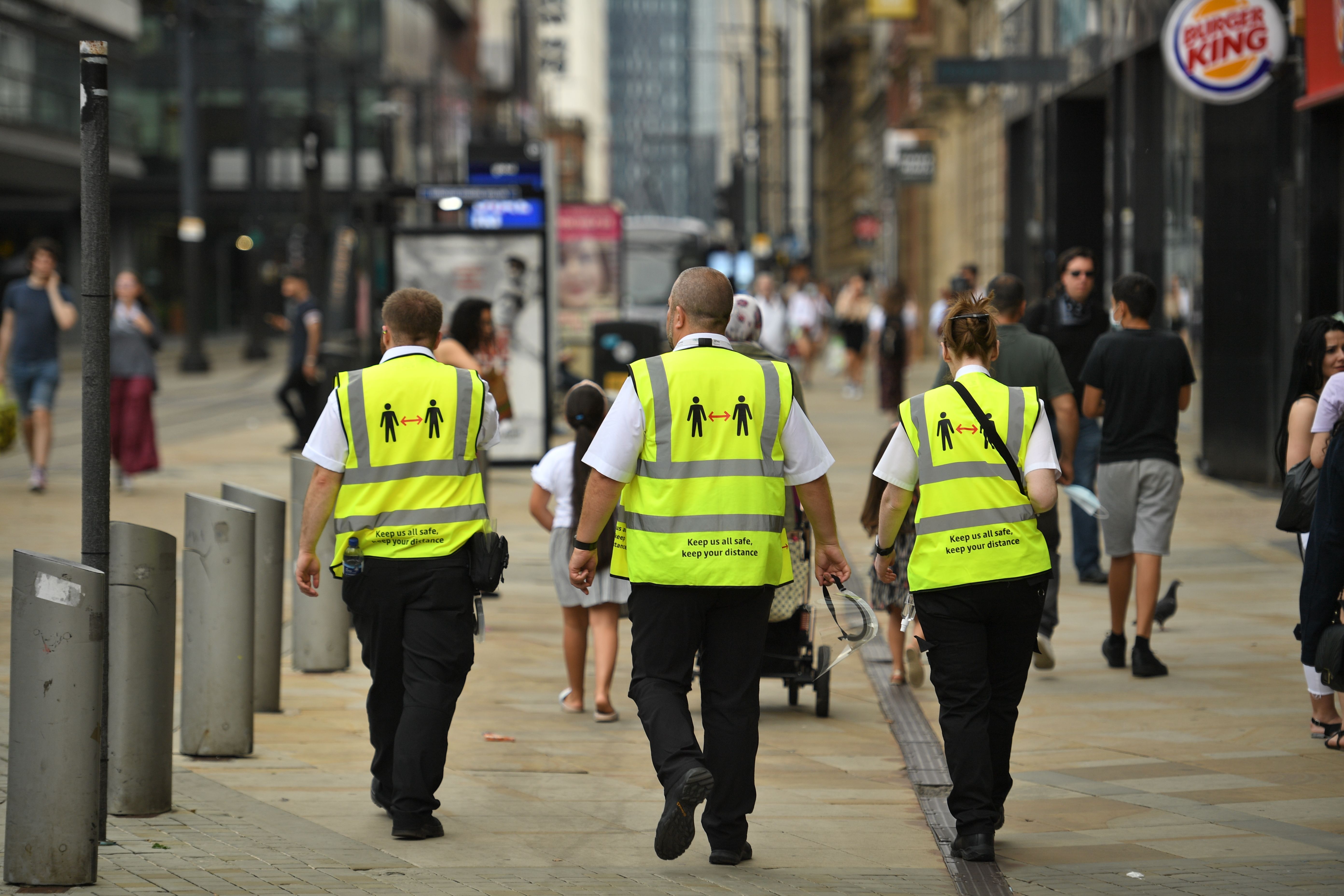In an effort to avoid another national lockdown at all costs, the government is relying on two tools: a comprehensive track-and-trace scheme and localised lockdowns. The first isn’t expected to be up and running until autumn at the earliest, after a series of setbacks and U-turns (the pains of which are already being felt, as infection rates have started to creep up). The second is arguably in full swing, as East Lancashire, Greater Manchester and parts of West Yorkshire join Leicester in having specific rules and restrictions imposed, due to fears of a rising R-number.
But are these really local lockdowns, or regional ones? The restrictions that came in at midnight on Friday have put two in five people residing in the North West under new lockdown measures – the impact of which is hardly localised. Some 5.6 per cent of the UK economy is now included in these local lockdowns – that is, more than £100 billion worth of economic activity that’s subject to stricter social distancing measures, or not allowed to operate at all. Such a blow to the economy would guarantee a recession even in normal times, and now is likely to prolong the UK’s economic recovery after its largest contraction in centuries.
Just weeks ago the Prime Minister was suggesting that local lockdowns could constitute very targeted areas – a borough or even a street – worrying at the time that people might feel a sense of injustice if the vast majority of their neighbours could operate more freely, while they were put under tighter restrictions. But this has yet to be tested, as in practice the lockdowns have been much further-reaching than was originally expected. This raises questions about what tactics might be employed if the UK’s largest city by far – London – becomes a bigger concern. If more local lockdowns are needed in future, and the one-size-fits-every-city approach continues, it won’t be long before they tally up to something much bigger.








Comments